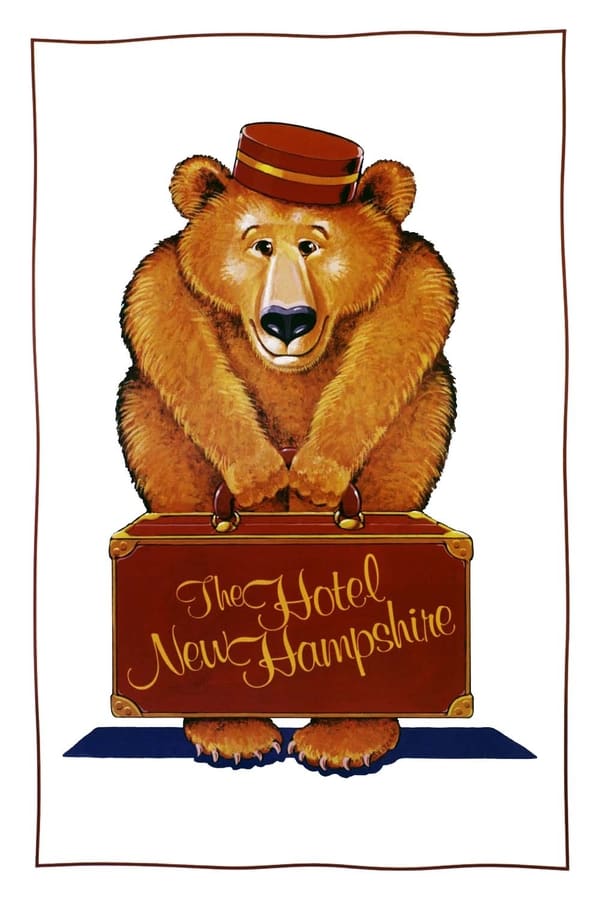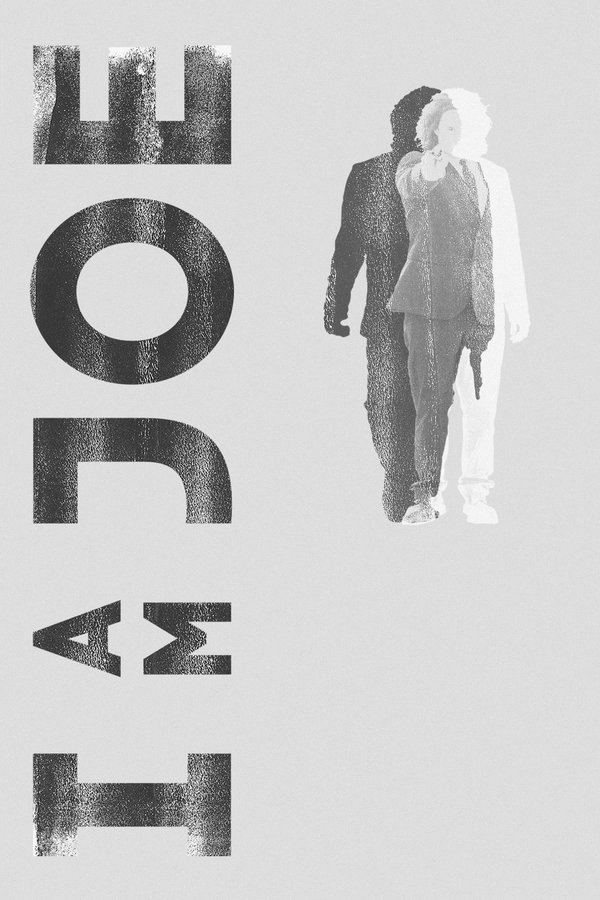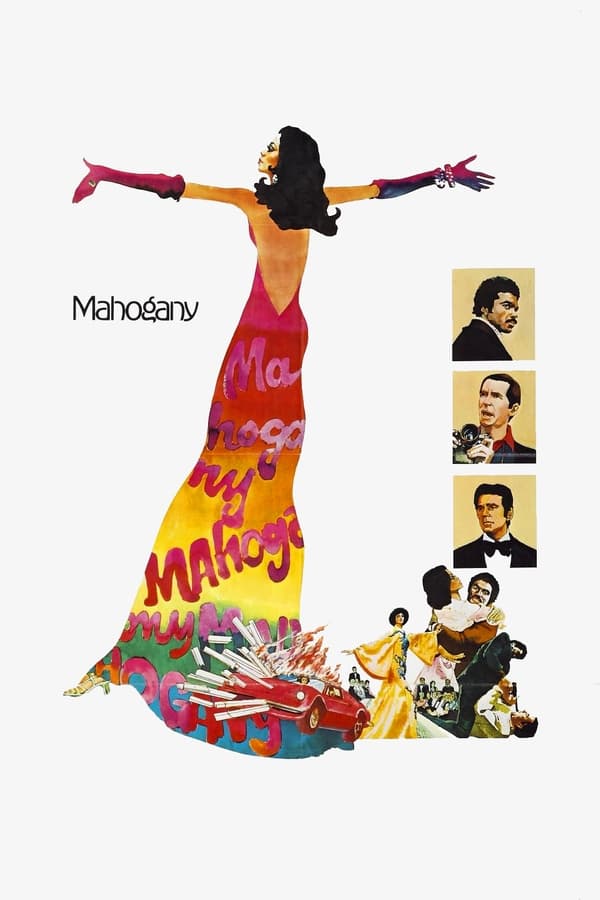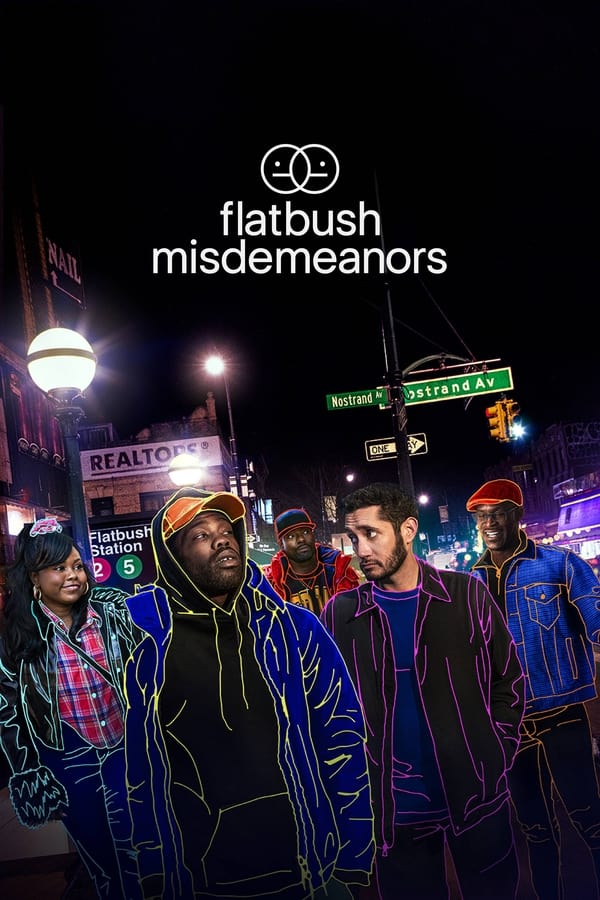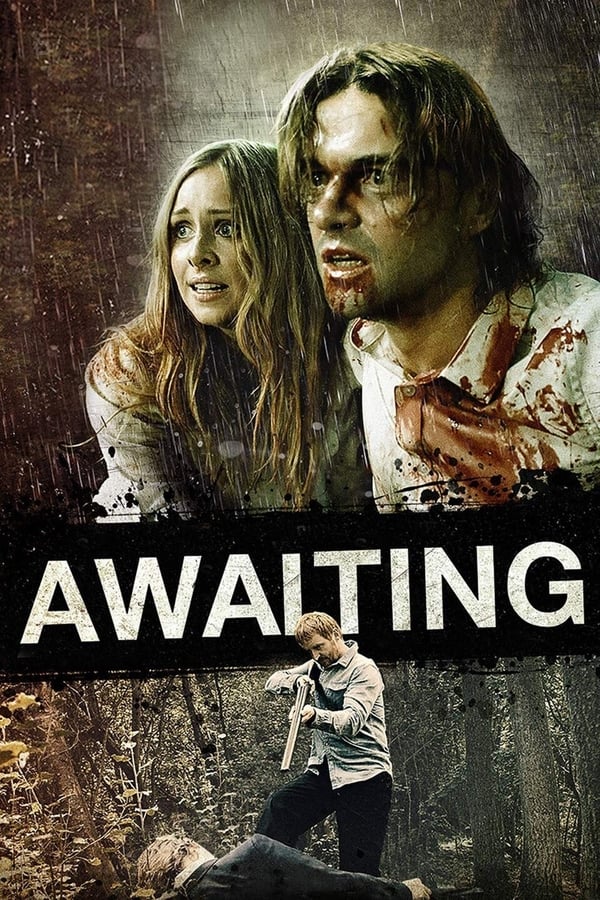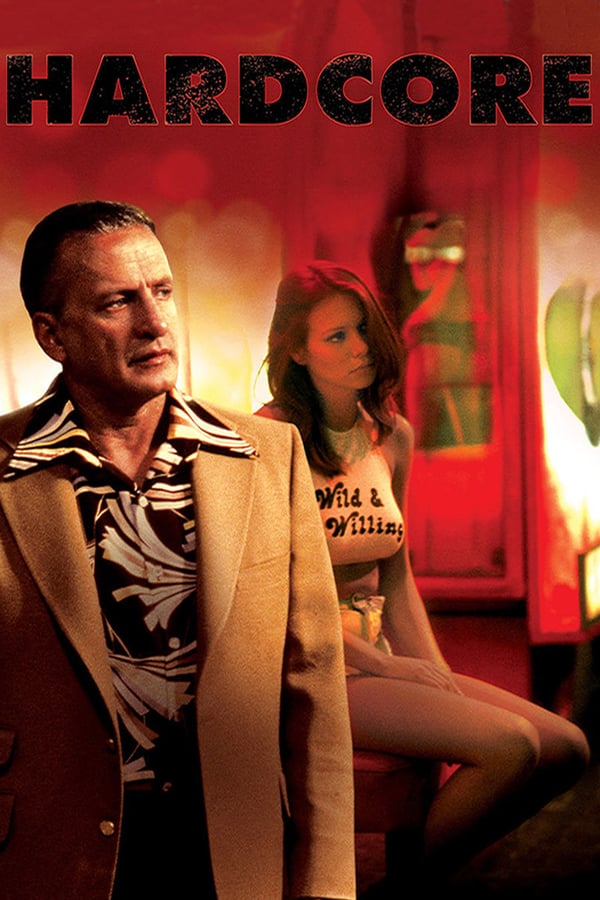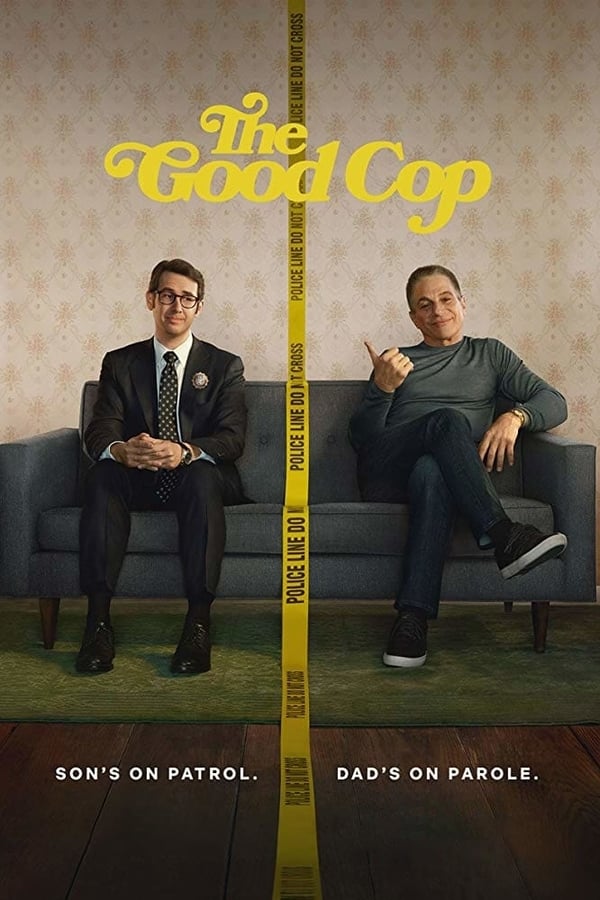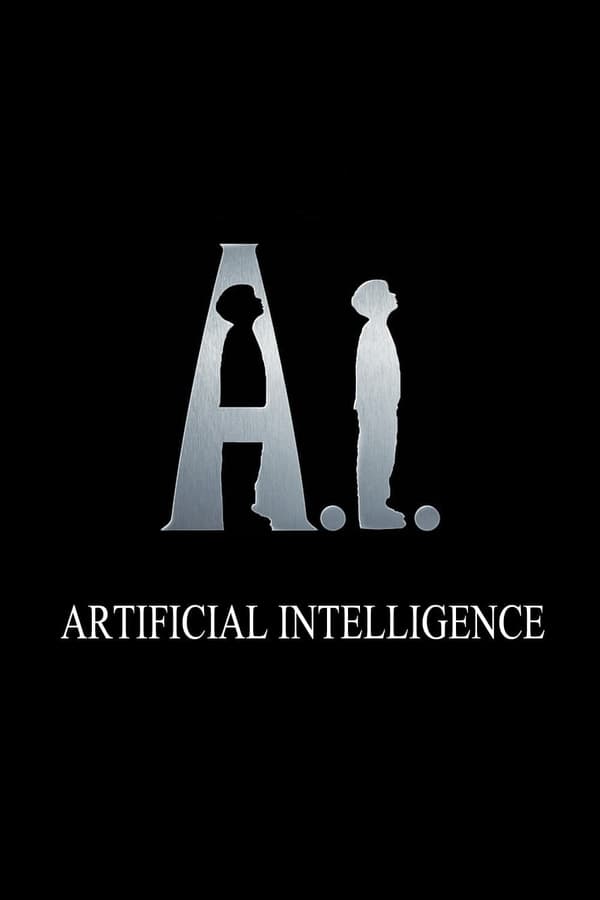Trailer
Toggle light
Comments
66 Views
Report
FavoriteIf current server doesn't work please try other servers below.
Server
Vidsrc
Server
1080P Only No ads
Server
GD
Server
StreamBucket
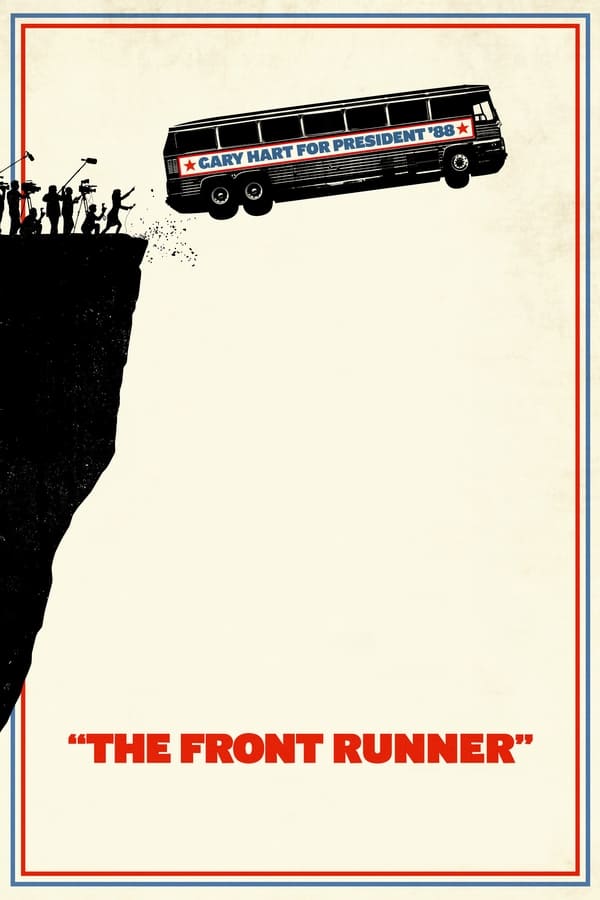
The Front Runner 2018 Watch Online
The Front Runner Watch Online: A Deep Dive into Gary Hart’s 1988 Campaign
In the wake of the 1984 Democratic Party presidential primaries, where former Senator Gary Hart finished second to Walter Mondale, he emerged as the leading candidate in the 1988 Democratic primaries. As the campaign gears up for its official launch in April 1987, Hart’s team expresses concerns about his reluctance to share personal details, fearing that the public may not connect with him. Instead, Hart focuses on policy and ideas, leaving many wondering about his personal life.
Media Scrutiny: The Washington Post’s Dilemma
At The Washington Post, discussions arise among editors and journalists regarding whether to investigate Hart’s rumored marital issues and alleged promiscuity. This internal debate sets the stage for the media frenzy that will follow as Hart’s campaign unfolds.
The Yacht Cruise: A Fateful Encounter
After a week of campaigning, Hart embarks on a yacht cruise from Miami to Bimini aboard the Monkey Business, accompanied by his friend Billy Broadhurst. It is during this trip that he meets Donna Rice, a young woman who will become central to the unfolding drama. Shortly after, two reporters, A.J. Parker from The Washington Post and Tom Fiedler from the Miami Herald, overhear Hart’s conversation with Rice at an airport payphone, raising suspicions about his personal life.
On the campaign plane, Hart strikes up a friendship with Parker, offering him advice and even gifting him a Tolstoy novel to deepen his understanding of Soviet politics. However, tensions rise when Parker questions Hart about his “traditional marriage,” prompting a defensive response from the candidate. Hart’s frustration is palpable as he challenges Parker to follow him around, suggesting that the reporter would find nothing of interest.
Anonymous Tips and Investigations
Meanwhile, in Miami, Fiedler receives an anonymous tip from a woman claiming that Hart is having an affair. Initially dismissive, Fiedler’s curiosity leads him to track two women on a flight to Washington, D.C., ultimately staking out Hart’s townhouse. He witnesses Hart returning home with Rice, igniting a confrontation between the reporter and the candidate. Hart vehemently denies any wrongdoing, asserting that his personal life should remain private. In a moment of vulnerability, he calls his wife, Lee Hart, to apologize, sensing the impending media storm.
The Fallout: Family Under Siege
As the story breaks in the Miami Herald, Lee and their daughter Andrea find themselves inundated with reporters outside their home in Troublesome Gulch, Colorado. In Washington, D.C., campaign staffer Irene Kelly is assigned to befriend Rice in hopes of extracting information. However, this tactic backfires as Rice’s privacy is invaded by relentless media scrutiny upon her return to Miami.
Internal Conflicts: To Respond or Not?
Hart’s campaign manager, Bill Dixon, urges him to address the Herald’s allegations, believing that silence will only exacerbate the situation. Hart, however, argues passionately against any response, fearing it would legitimize the reporters’ actions and set a dangerous precedent for future campaigns.
New Evidence: The Post’s Controversial Decision
In a twist of fate, The Washington Post receives an anonymous package containing old photographs of Hart with another woman. Parker argues against reporting on this aspect of Hart’s life, deeming it poor journalism. Yet, editor Ben Bradlee insists that the paper must adapt to the changing media landscape, leading to further complications for Hart’s campaign.
Public Perception and the Press Conference
As Hart prepares for a press conference, his team notes that polls indicate a significant portion of the public believes the media has overstepped its bounds in covering Hart’s personal life. When informed that reporters may inquire about his fidelity, Hart’s passionate retort, “It’s nobody’s goddamn business!” resonates with his team, who see it as the perfect response. However, the arrival of Lee complicates matters as she expresses her uncertainty about their future together.
The Press Conference: A Turning Point
During the press conference, Parker directly asks Hart if he has committed adultery. Instead of delivering the rehearsed response, Hart falters, stating that he doesn’t believe it’s a fair question. The pressure mounts as Parker seeks comments on the anonymous photos, and Hart, witnessing the toll the scrutiny takes on his family, ultimately decides to withdraw from the race.
Similar Content
Conclusion: The Legacy of Gary Hart
In the aftermath of the campaign, Gary and Lee Hart remain married, a testament to their resilience amidst the turmoil. For those interested in exploring this captivating story further, I
You may also like
×




